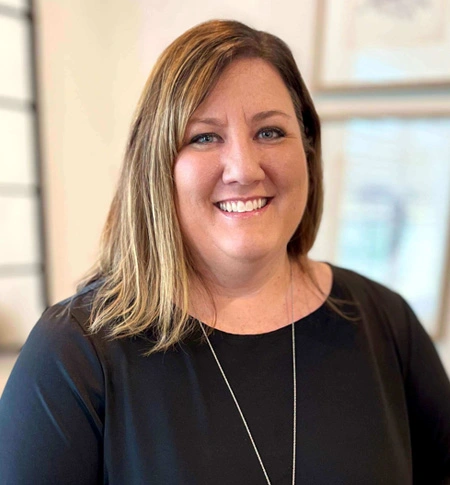Our testing process is an extensive 10 to 12 hour process which usually starts with an IQ test. An IQ test is the starting point in the process. The purpose of the IQ test is not simply to get a number that classified you or your child as average, below average, or above average. We use the IQ test to get information about how an individual processes information. The IQ test will reveal pertinent information about how the individual’s brain is functioning, and provides a baseline against which to compare other test measures.
We follow up the IQ test with an achievement test to assess the individual’s current level of reading, spelling, writing, listening comprehension, and oral expression. The achievement test is centered around things that have to do with academic work, so it reveals the possibility of a learning disability. The results of the IQ test and the achievement test when studied together may reveal a discrepancy. For instance, where the individual’s IQ is high, but their achievement level is not at par with their IQ, it may be an indication of a learning disorder.
Learning disorders can be diagnosed at any age, and at any point in the educational process, from elementary school to graduate school. It is never too late to seek help if you are having difficulties learning. We help both children and adults.
What Other Assessments are Part of the Testing Process?
In addition to the IQ and assessment tests, our testing process includes assessments of:
- Language development. To evaluate the individual’s ability to receive language, to understand language, and to express themselves both orally and in written form. This helps us determine whether the individual’s language development is on par for their age.
- Social pragmatic communication. This is another form of communication, an individual’s ability to put their thoughts and ideas into words.
- Attention. Our assessment of an individual’s attention goes beyond the typical checklists and includes objective measures to assess different aspects of attention and attentional development.
- Learning and memory. This helps to identify how an individual learns and remembers information, and any problem going on with learning or memory. Some individuals learn better visually, and others learn better auditorily. An individual may have a retrieval issue where they have difficulty extracting from the brain information that is already there.
- Auditory processing. This assessment looks at how the brain processes information received from the ears to the temporal lobes in the brain.
- Visual processing. Similar to auditory processing, this assessment looks at how the occipital lobe in the brain processes the information that it receives through the eyes. Does the individual’s brain faithfully replicate what the eyes have seen? For example, does the individual make errors copying information from the board to their notebook, or from page to page?
- Eye-to-hand coordination, fine motor control, and motor dexterity.
- Executive function. These are activities that have to do with logic, decision-making, problem-solving, and self-control of the body, emotions, and cognitive processes. This can impact how an individual thinks about learning. How best do they learn? Do they learn best by making lists? Do they learn best in a quiet environment? The answers to these questions are important discoveries for the patient’s treatment plan.
Essentially, our testing process assesses every single domain of the brain to make certain that they are functioning as they should be. In some cases, our testing process includes additional measures that may reveal any mental health concerns that may be impacting the way that the individual is functioning.
Schedule Your Visit
Our goal at Acorn to Oak is to get you services as soon as possible. We understand the urgency of getting help for your situation and we try to ensure that when you contact us, you are booked in for scheduling within two to three weeks. If you or your child are experiencing learning and/or cognitive difficulties, the time to act is now. Call us at 469-678-5023 to schedule your initial appointment with us.








